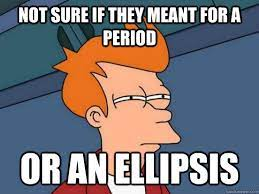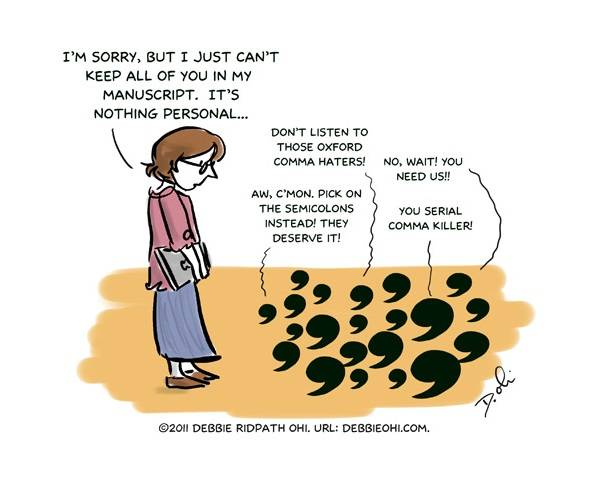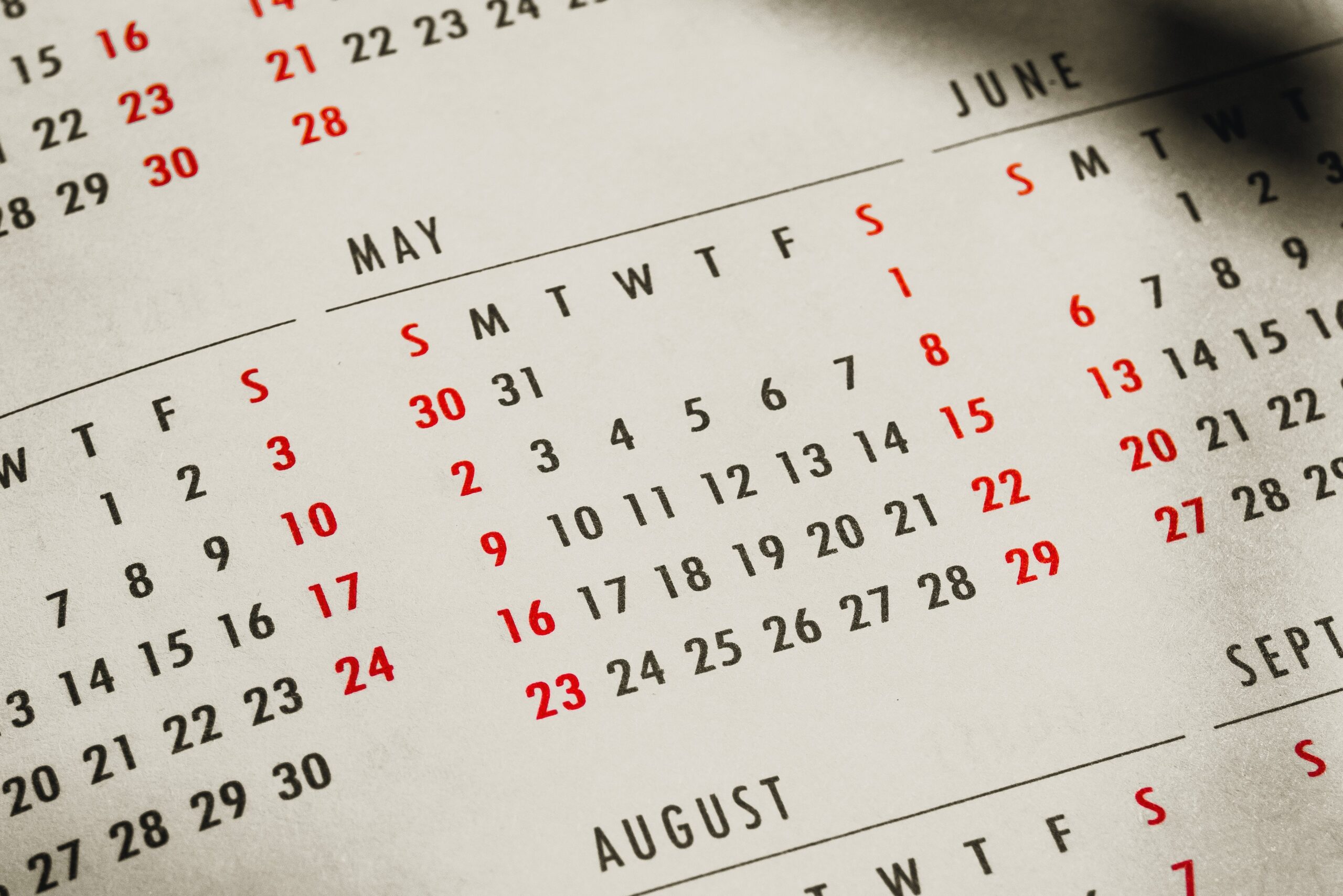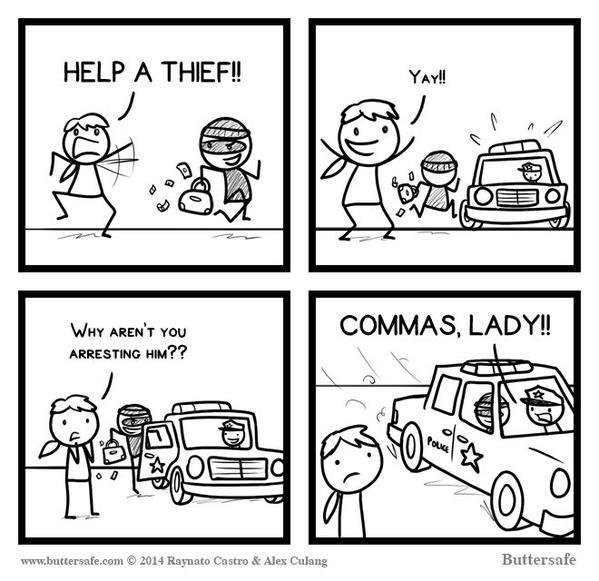
We’ve all been there, right in the middle of a tense scene, when something in the story contradicts something we already know about the world, and boom–we’re sitting outside the story again, disappointed and a bit miffed that the author couldn’t maintain the magic. Whether it’s something complicated like a magical system or something simple like the song on the radio at the bar, the stories we read need consistent details to make the world feel believable. These little things all add up to create the word of the story, a world readers to crawl inside and explore.
Tolkien talks about what he called the Primary and Secondary Worlds in his essay “On Faerie Stories” (where he basically defends fantasy as a worthy genre, among other things). The Primary World, of course, is the one in which you live, the one in which you now sit, currently reading these words. Perhaps the words are on your phone screen; maybe you’re waiting for a bus or curled up on a couch, nursing your morning coffee. Either way, odds are you don’t always find the Primary World to be the Best Thing Ever. For Tolkien, the Primary World is good because we all live in it, but it’s definitely lacking in certain aspects–and that’s why readers read Fantasy (or really anything imaginary at all). We want to escape the Primary World and spend some time in a Secondary World.
Now, let’s pause for a moment, as Tolkien did, to examine that word “escape.” One of the easy criticisms of fantasy readers is that they can’t face the real world and have to run away into a book. I’m probably not alone in being told that reading so-called “escapist fiction” is some kind of cop-out, a weakness, a failure to accept the very real world around all of us. Tolkien disagrees, and in the most Tolkien way ever, of course, because he starts by examining that word “escape” (Tolkien’s love of words and philology knows no bounds!). He argues that there is a difference between what he calls the Flight of the Deserter and the Escape of the Prisoner. Readers of fantasy aren’t deserting reality because they can’t handle it. They aren’t running away. Instead, readers (and everyone else in the Primary World) are all prisoners of what can be, honestly, a pretty terrible place sometimes. For Tolkien, a devout Catholic, the Primary World is a fallen world, a kicked-out-of-Paradise world, and so of course, like anyone imprisoned, the inhabitants will long to escape–to occupy their minds with something not so depressing. Keep in mind that Tolkien lived through two World Wars (he fought in WWI and was one of a handful of survivors among his classmates). You don’t need to be Catholic to see that some days, the Primary World sucks–and the urge to escape into somewhere else, anywhere else, is a perfectly normal human reaction. It’s not that fantasy readers can’t handle the real world; it’s that the real world is often ugly and harsh–and humans need a break. A release. An escape. Who would deny a prisoner the chance to escape, at least in the mind?
So where are we prisoners, I mean, readers to escape into? The Secondary World. Where can we find that? Inside the writer’s mind, at first, but then through some artful magic, what Tolkien calls Enchantment, readers are also allowed to inhabit this Secondary World. And this world only works if it is consistent in and of itself. There must be rules, and the rules must be followed, or readers (and prisoners) risk being knocked out of the story forever, unable to enter it believably again.
In other words, if people in the book’s world use the sun and candle rings to tell time, then someone shouldn’t say it’s 10:11pm. If people can fly on broomsticks, then that’s how gravity works (or doesn’t) in that world. The world should be consistent. Readers pay attention to the little things, the details, when they invest in a story. If authors switch out the small stuff, readers will notice, and then remember they are reading a book, finding themselves back in the Primary World rather than still lost in the Secondary World the writer has created for them.
Another thing to keep in mind when discussing worldbuilding: willing suspension of disbelief. You may have heard this term somewhere in a literature course, but the essential idea is this: Of course I always know I’m reading a book. My fingers feel the pages, possibly my neck aches from staying in one position too long, I can hear the soft shuffle of the page as I turn it (or hear that little electric swoosh noise my Kindle makes when I turn on that sound feature). But sometimes, when the enchantment is done right, I can forget all that, and really lose myself in a story, falling headfirst into the world of the characters, blissfully watching their trials as the real world goes by outside the pages. In order to do that, though, I have to willingly suspend my disbelief. If I’m reading a book where people can fly, and I know that flying isn’t possible in the Primary World, I have to willingly and knowingly suspend my natural disbelief in the possibility–and just go with it. Often, people who don’t enjoy reading fiction have a hard time making this leap. In order to travel from the Primary World to the Secondary World, you have to leave your disbelief behind–and accept whatever rules the Secondary World has.
Since we spent so much time on Tolkien, this is a good time to bring up the fact that while he enjoyed plays (and movies) in theory, he never “got lost” in them because he could never forget he was watching people perform either on stage or screen. He thought performers could never transport him the way words on a page could, the way his own imagination could. Either way, there is no transportation at all if the Secondary World isn’t coherent and complete in itself.
Proper worldbuilding, creating a world behind the story that stands on its own and supports the tale being told, is critical if authors want readers to join them in a Secondary World. How does one create a believable world? As the old adage says, lots and lots of time and practice. And maybe a little help.
Check out The General Worldbuilding Guide, coming soon from 4 Horsemen Publications (pre-order HERE).
In Part Two of this blog, I’ll delve into the nitty gritty of worldbuilding, and we can get you started on creating a viable Secondary World for your readers.





 or flames
or flames  to express to one another what “heat level” the romance story hot for them. So what is the heat level?
to express to one another what “heat level” the romance story hot for them. So what is the heat level? Heat Level 6
Heat Level 6 




